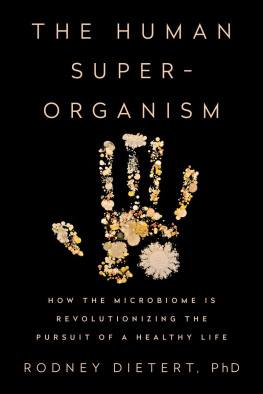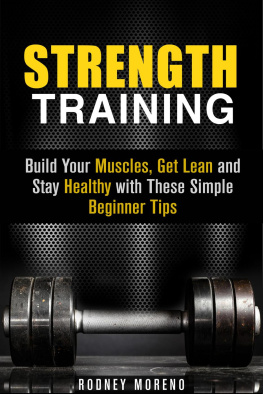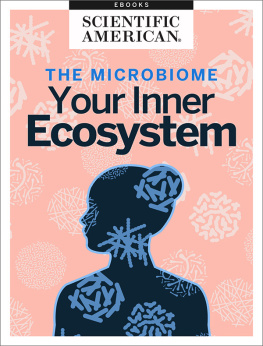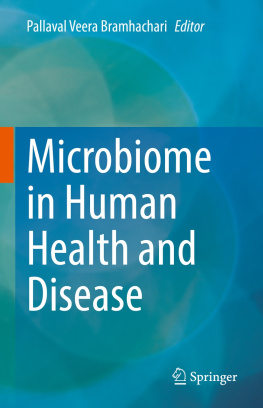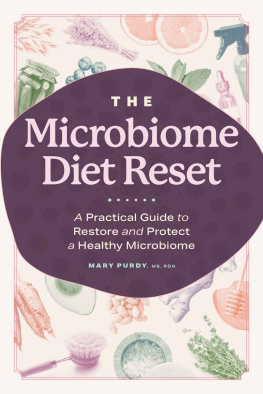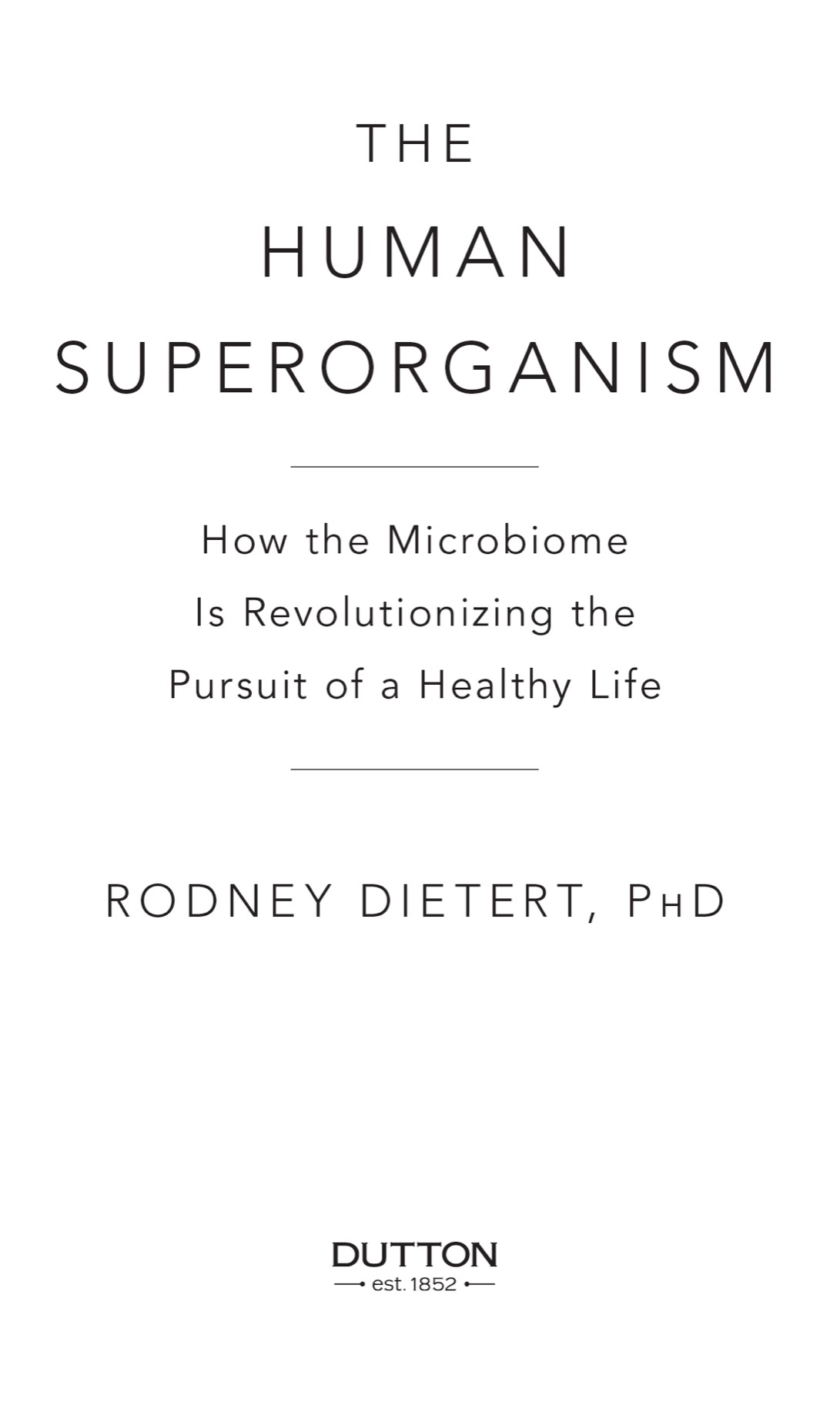Praise for The Human Superorganism
Tremendously enjoyable.... The Human Superorganism really lays out the case for why the new research on the microbiome is a complete game-changer for how we view human health, and it offers this information in a comprehensive, readable, and thought-provoking manner. It informs how I approach my patients in my own practice.
Susan S. Blum, MD, MPH, founder and director of Blum Center for Health and the author of The Immune System Recovery Plan
A must-read if you are interested in disease, health, and medicine. Dr. Dietert has the unique ability to describe a new paradigm that is an easy read and understood at all levels of training or education.
Gary R. Burleson, PhD, president and CEO of Burleson Research Technologies, Inc.
In his startling and thought-provoking book, The Human Superorganism, Rodney Dietert shatters the conventional view of the human body by confronting the reality that most of the cells in our body are not our own. The book explains how an imbalance in the microbiotic ecosystem of our body has caused a sharp increase in allergies and other noncommunicable diseases in modern life, and it offers practical advice for fortifying and cohabiting productively with our single-celled partners.
R. Douglas Fields, author of Why We Snap and The Other Brain
In The Human Superorganism, Rodney Dietert challenges us to see ourselves anew, as stewards of our own personal ecosystems. By rejecting the new normal of diabetes, obesity, cancer, and depression, we are empowered to learn how to feed our microbiome and begin healing ourselves from the inside out. The ultimate reward is a healthy internal environment that craves and is satisfied by what is truly good for us. In a world in which babies are born pre-polluted with endocrine disruptors and other harmful chemicals, it may be our best hope of survival.
Carol Kwiatkowski, executive director of the Endocrine Disruption Exchange and professor at University of Colorado Boulders Department of Integrative Physiology
Professor of Immunotoxicology at Cornell University, much-published superscientist Dietert wants us to look at humans as superorganismspacked with microbes our ancestors have dwelled with comfortably but that we have sought to suppress. The result: a huge upsweep in noncommunicable diseases, from asthma to cancer to heart disease, now responsible for 63 percent of all human deaths.... Dietert tells us how we can radically readjust public health protocolsand our own.
Library Journal, Prepub Alert

An imprint of Penguin Random House LLC
375 Hudson Street
New York, New York 10014

Copyright 2016 by Rodney Dietert
Penguin supports copyright. Copyright fuels creativity, encourages diverse voices, promotes free speech, and creates a vibrant culture. Thank you for buying an authorized edition of this book and for complying with copyright laws by not reproducing, scanning, or distributing any part of it in any form without permission. You are supporting writers and allowing Penguin to continue to publish books for every reader.
DUTTONEST. 1852 and DUTTON are registered trademarks of Penguin Random House LLC
in Chapter 8 by Spring Hoteling
LIBRARY OF CONGRESS CATALOGING-IN-PUBLICATION DATA
Names: Dietert, Rodney R., author.
Title: The human superorganism : how the microbiome is revolutionizing the pursuit of a healthy life / Rodney Dietert.
Description: New York, New York : Dutton, [2016] | Includes bibliographical references and index. | Description based on print version record and CIP data provided by publisher; resource not viewed.
Identifiers: LCCN 2015042307 (print) | LCCN 2015041110 (ebook) | ISBN 9781101983911 (ebook) | ISBN 9781101983904 (hardcover)
Subjects: | MESH: Microbiota. | Health.
Classification: LCC RA776.9 (print) | LCC RA776.9 (ebook) | NLM QW 4 | DDC 613dc23
LC record available at http://lccn.loc.gov/2015042307
While the author has made every effort to provide accurate telephone numbers, Internet addresses, and other contact information at the time of publication, neither the publisher nor the author assumes any responsibility for errors or for changes that occur after publication. Further, the publisher does not have any control over and does not assume any responsibility for author or third-party websites or their content.
Neither the publisher nor the author is engaged in rendering professional advice or services to the individual reader. The ideas, procedures, and suggestions contained in this book are not intended as a substitute for consulting with your physician. All matters regarding your health require medical supervision. Neither the author nor the publisher shall be liable or responsible for any loss or damage allegedly arising from any information or suggestion in this book.
Version_1
To my wife, sweetheart, best friend, brilliant writer, and favorite novelist, Janice
CONTENTS
INTRODUCTION:
THE NEW MEDICAL LANDSCAPE
T he twentieth century was filled with ideas, discoveries, and inventions based on the benefits of freeing humans from bacterial, viral, and parasitic contamination. Wonderful scientific discoveries significantly reduced infant mortality, lengthened life spans, and drove medical technologies. However, the fundamental approach to human biology behind these advances unintentionally ushered in an epidemic of diseases afflicting humanity in the twenty-first century.
The two fatefully mistaken fundamental concepts were:
- Humans are better off as pure organisms free of microbes.
- The human (mammalian) genome is the most important biological factor in creating a better future for humans.
In the first section of this book I demonstrate how and why these two misguided principles came to underpin our understanding of medical science, producing a flawed paradigm that had untold adverse effects for the long-term health of our species. The desire for a biological purity that doesnt exist and the dream of a future for medicine built solely on the human mammalian genome have led us astray. The perspective I present flies in the face of much medical history and contradicts the thoughts of many brilliant Nobel Prizewinning scientists and educators. Nevertheless, our understanding of who and what humans truly are is undergoing a profound shift. It is a shift more and more researchers in the scientific community are recognizing.
In 1890 Robert Koch, a German physician and microbiologist, presented what later became known as Kochs postulates. These notions drove the infectious-disease paradigm of human medicine. They are simply four criteria used to establish the causal relationship between microbes and disease:
- Every time a particular disease shows up, the same bug (bacteria, virus) thought to cause the disease must be present as well.
- You must be able to remove a sample of the bug from the person with the disease and grow that bug in a lab.

